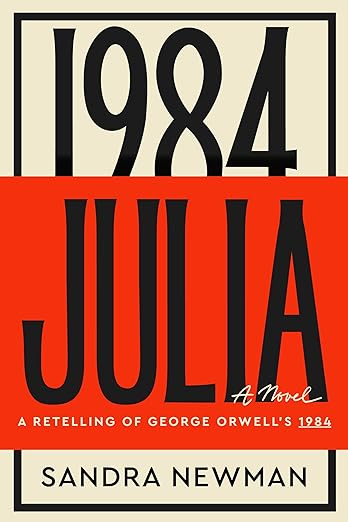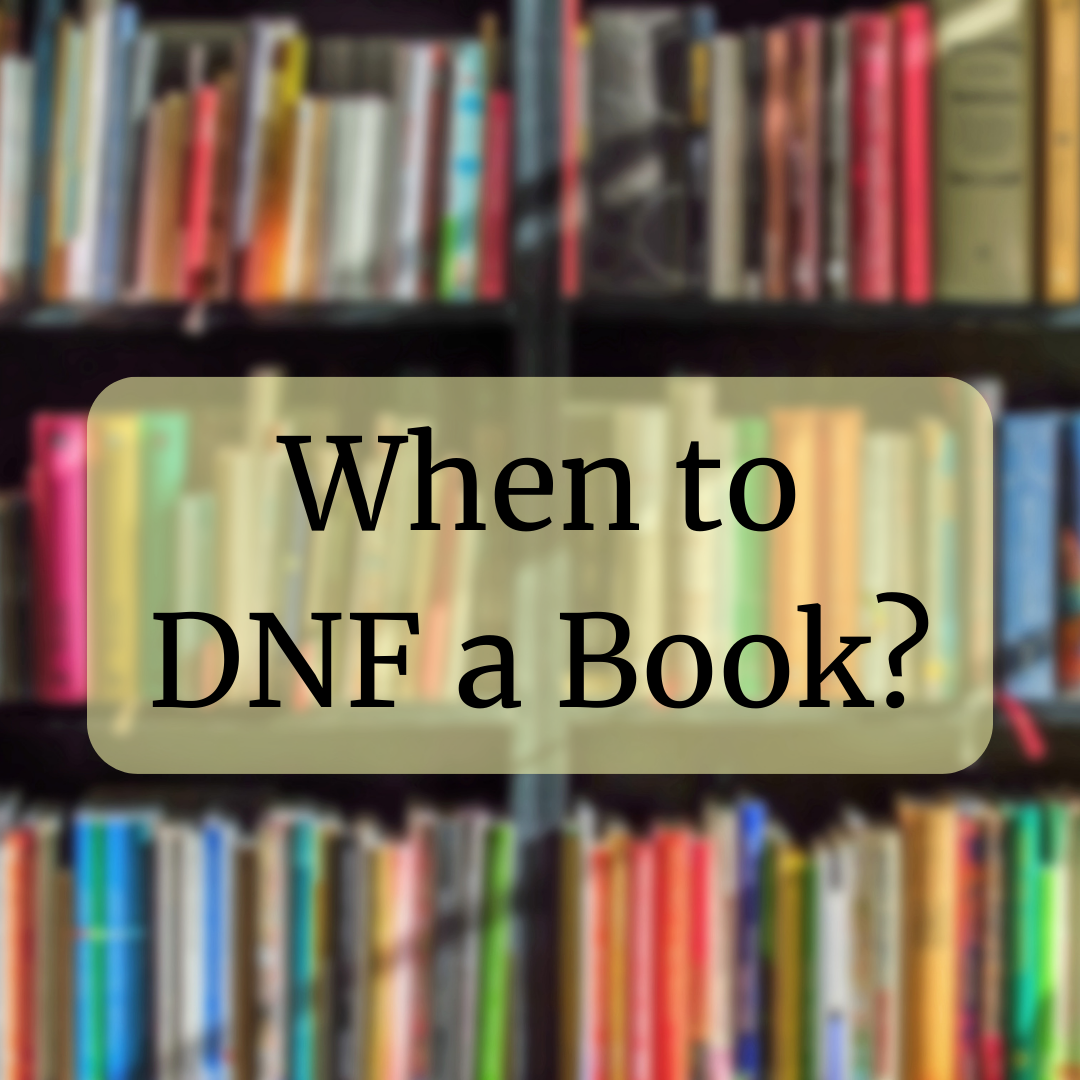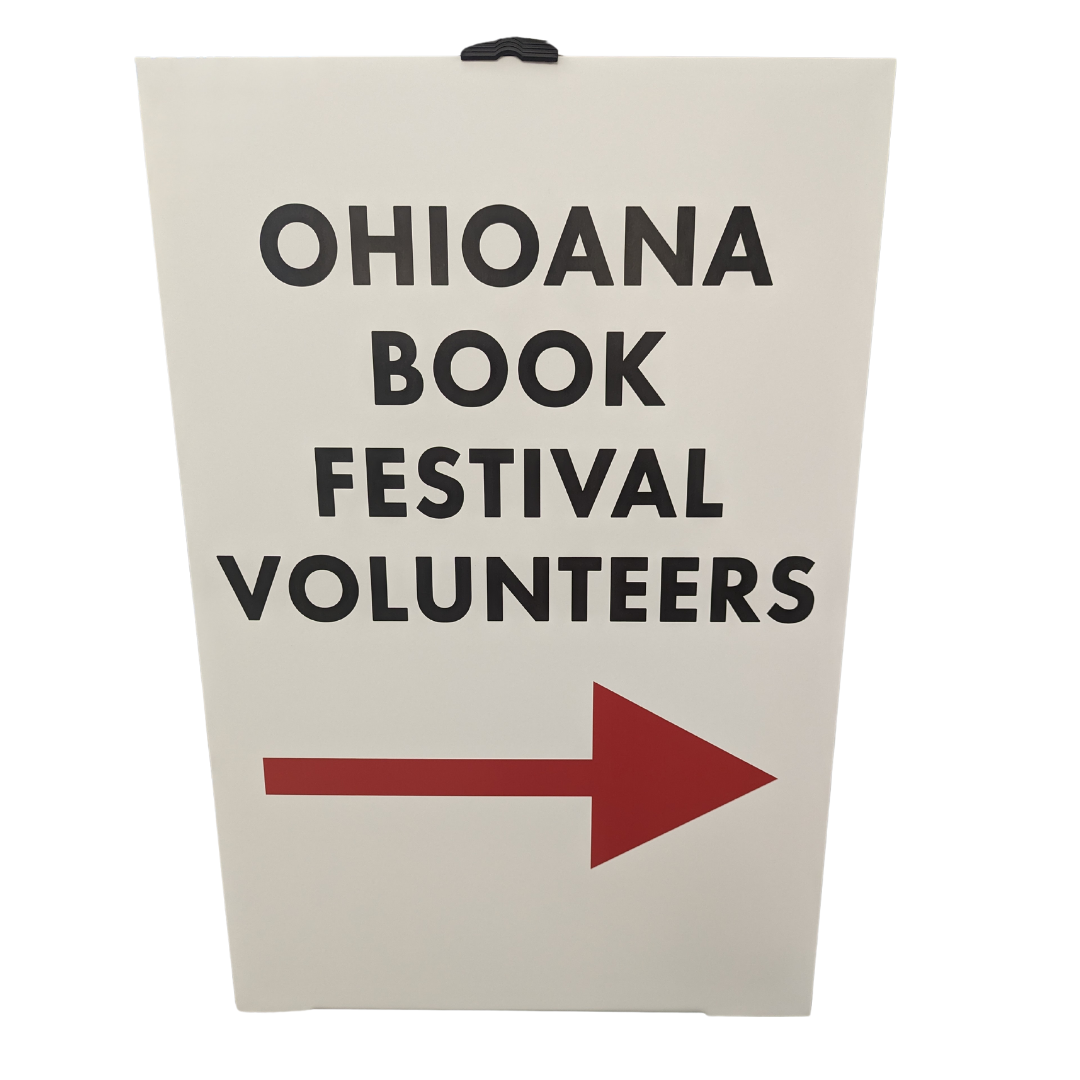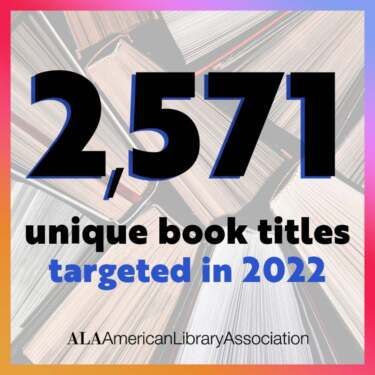Knowing when to give up on a book that’s not appealing to you is a tough decision.
You want to be respectful of the authors who spend months or years writing the book and the publishers who took time to distribute it, but you also want to move on.
This is when you must decide if you’ll add the book to your Did Not Finish stack. DNF’s can either be temporary or permanent.
You may pick up a highly recommended horror novel and decide to put it aside until Halloween. Or you may decide a book’s style doesn’t work for you and give it to someone else who would enjoy it.
Time Considerations for DNF’s
Time is the paramount factor in weighing whether to continue reading a book.
No matter how much you enjoy reading, you only have so many hours to dedicate to it. You must be judicious with how you allocate your reading time.

Time management expert Laura Vanderkam explained her thought process for deciding to DNF. “. . . if I’m not motivated to pick it up, I won’t make progress, and time has an opportunity cost. I could be using that time to read through something else that I’m in a better head space for,” she wrote on her website.
Is the book holding your interest? Do you have a genuine desire to keep reading? Are you continuing to turn pages out of obligation or sunken cost fallacy?
Book Elements Affecting DNF’s
Once you’ve addressed if a book is worth your time, you need now take into account if its style, subject matter and characterization engage you.
An article from For the Joy of Books listed five common reasons to DNF a book: the writing style, the repetitive nature of the concept, feeling indifferent to the characters, actively disliking the characters, and not enjoying the genre.
I recently chose to DNF “Julia: A Retelling of George Orwell’s 1984” by Sandra Newman after struggling to finish it for weeks. The novel’s concept of a feminist retelling of “1984” from Julia’s perspective caught my attention, but I couldn’t make myself finish it.

After forcing myself to sit and read small sections of graphic detailed descriptions of female oppression under the rule of Big Brother and the Party, I finally gave up.
My reasons for deciding to return it to the library only partially read were that Newman’s sentence-level writing felt uneven to me and the third-person limited narration held me at a distance from Julia. Newman’s decision to document all the pain and suffering Julia endured from her early life until the novel began didn’t help matters.
Despite my negative experience, I would recommend “Julia” to the right reader. It might be perfect for readers looking for a dark, mature woman-centered dystopian novel, or those who want a worthy successor to Orwell’s original.
How Many Pages to DNF’s
When do you know a book is not for you? Do you put it down after the first chapter? What’s a fair number of pages to give before moving on?
Readers vary in how long they will read a book before casting it aside in favor of another.
For the Joy of Books follows The Four Chapter Rule.
“This rule has served me very well. There have been several times when I’ve gotten to say chapter two or three, and I’m feeling a little bored. But I always make myself at least get to chapter four, and I’m glad I have because I would have given up on a lot of my favorite books if it weren’t for The Four Chapter Rule,” Courtney Jo wrote.

Meanwhile, Simone Jung with BookRiot believes in giving each book 100 pages to prove itself. She allows herself to stop and reflect about her enjoyment and the pace at which she’s making progress.
“If I’m looking at social media more than reading, then something must be up,” Jung shared.
With “Julia,” I read 219 pages out of 385, which is 57% over two weeks. I regret not considering my reluctance to read it more quickly.
The fact “Julia” proved such a difficult read leads me to consider a variation on Jung’s idea. I will now have two evaluations: one at 50 pages into a book and a second at 100 pages. They will allow me to honestly decide if I should DNF the book.
Reduce DNF Chances by Avoiding Hyped Books
You’ve seen books like “Fourth Wing” and “Yellowface” making the rounds across YouTube, Instagram, Goodreads and traditional media.
Everyone raves about how wonderful the story and characters are. But, you’re skeptical.
Though a book may be popular, does it align with your reading tastes? Should you feel peer pressured to read it?

Adventures in Literature argues that you should only read a book if you’re genuinely interested. There should be no pressure to go along with the popular group for fear of missing out.
“I’ve learned to appreciate my reading preferences and know where to keep my attention so that I don’t burn myself out. This is the beauty of reading; loving the books we read and genuinely being excited to share that excitement with others,” Ashley B. wrote.
My expectations of “Julia” came from association with “1984” and positive reviews from outlets like The Washington Post. My excitement about exploring a new examination of a modern classic text drew me to “Julia,” and made me ignore the warning signs of a mismatch.
Moving forward, I need to acknowledge my own reading likes and dislikes and then honestly assess how I feel about a book before committing too much time.
Final Thoughts on DNF
No matter how selective you are with your reading choices, you will inevitably encounter books that fail to connect with you.
Making the decision to DNF isn’t easy. But, it’s one most readers agree is necessary to make the most of your time and to fully enjoy and embrace the reading experience.
I’ve since given up on completing “Julia,” but reviewing how other readers think about DNF’s has alleviated my guilt and given me a realistic strategy to reduce the number of books I close prematurely.
Vogue Contributing Editor Michelle Ruiz summed up the need for the DNF option in two sentences:
“Reading is my joy, my mental adventure, a dash of titillation and occasional heartbreak. I believe reading for pleasure should be just that.”






